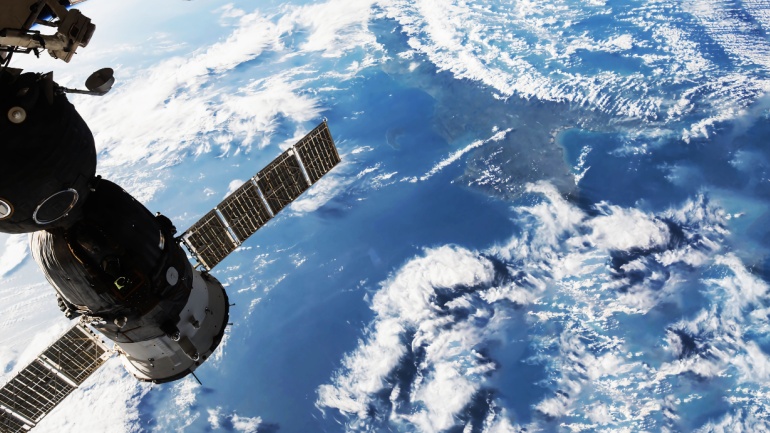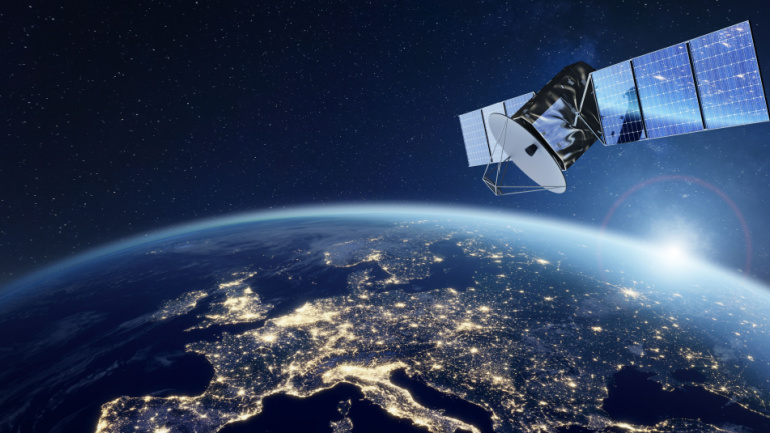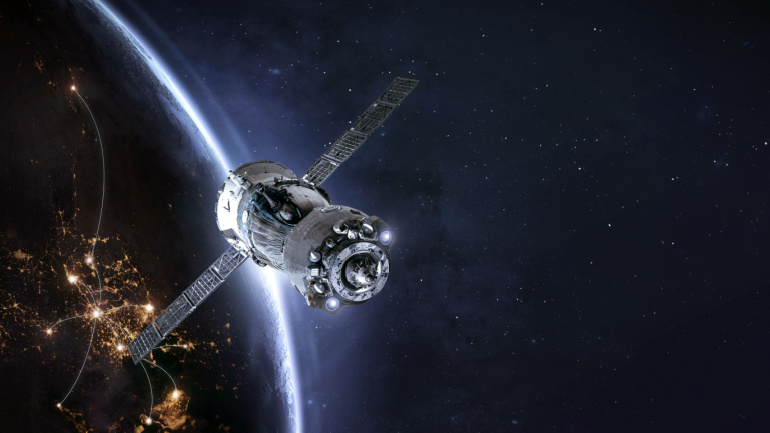Amazon has inaugurated a new facility in Kirkland, Washington, dedicated to the production of satellites for its Project Kuiper. This project aims to establish a constellation of low Earth orbit (LEO) satellites to provide internet connectivity.
Amazon’s Project Kuiper has entered into an agreement to offer low Earth orbit (LEO) satellite services across seven Latin American countries. This distribution deal with Vrio, the parent company of DirecTV Latin America and Sky Brasil, will see high-speed Internet services provided to Argentina, Brazil, Chile, Uruguay, Peru, Ecuador, and Colombia.
Verizon has entered into a $100 million agreement with AST SpaceMobile to extend satellite coverage across the United States. This partnership aims to achieve 100% geographical coverage by utilizing the 850 MHz spectrum, particularly in areas lacking traditional terrestrial service.
AT&T takes a significant leap forward in its plans to offer satellite direct-to-phone services following the finalization of commercial terms with low Earth orbit (LEO) operator AST SpaceMobile. The agreement sets the stage for AT&T to provide non-terrestrial network (NTN) coverage through SpaceMobile’s constellation until 2030. Although a firm launch date for SpaceMobile’s network is yet to be confirmed, AT&T anticipates the delivery of the first commercial satellites to Cape Canaveral this summer.
In a significant development, Hong Kong residents now have access to China Telecom’s satellite direct-to-phone service, marking a pivotal step in the operator’s expansion strategy. China Telecom has long provided satellite options to mobile customers through a range of devices, including dongles, dedicated satphones, and smartphones equipped with built-in satellite antennas from manufacturers like Huawei.
Indonesia is poised to welcome SpaceX’s Starlink LEO satellite broadband service within the next two weeks, announced Luhut Binsar Pandjaitan, the coordinating minister for Maritime Affairs and Investment. According to government sources, Starlink has secured the necessary agreement and license from Indonesian authorities to commence satellite internet operations.
Telecommunications operators are increasingly turning to satellite technology to expand 5G coverage, particularly in rural regions, as indicated by new data from the Global mobile Suppliers Association (GSA). However, despite a rising number of partnerships and commercial launches, the market’s growth is slower than anticipated.
Bridging the digital divide in vast and harsh terrains like the Scottish Highlands, VMO2 embarks on a novel approach, utilizing a constellation of Low Earth Orbit satellites from Starlink for critical backhaul services. Bypassing conventional, costly terrestrial infrastructure, VMO2’s tests have proven the potency of satellite technology in improving coverage across the UK.
Intelsat has recently made headlines with several announcements at the Mobile World Congress (MWC), highlighting the evolving role of satellite connectivity in today’s digital world. Among these announcements was the notable expansion of its partnership with Openserve, a South African telecommunications infrastructure provider, to include cutting-edge hardware and enhanced satellite services. This move underscores a broader shift in the satellite connectivity landscape, from a focus on remote areas to a versatile tool for modern telecommunications challenges.
The telecommunications sector leaps forward as KDDI and SpaceX bring a game-changing satellite-to-cellular service, intertwining mobile and satellite technologies. Leveraging SpaceX’s Starlink low-earth orbit satellites and KDDI’s national wireless spectrum, the partnership aims to expand urban connectivity into rural areas. While the innovation promises swift deployment and extensive coverage, it also poses challenges, including the need for costly, satellite-enabled handsets.













